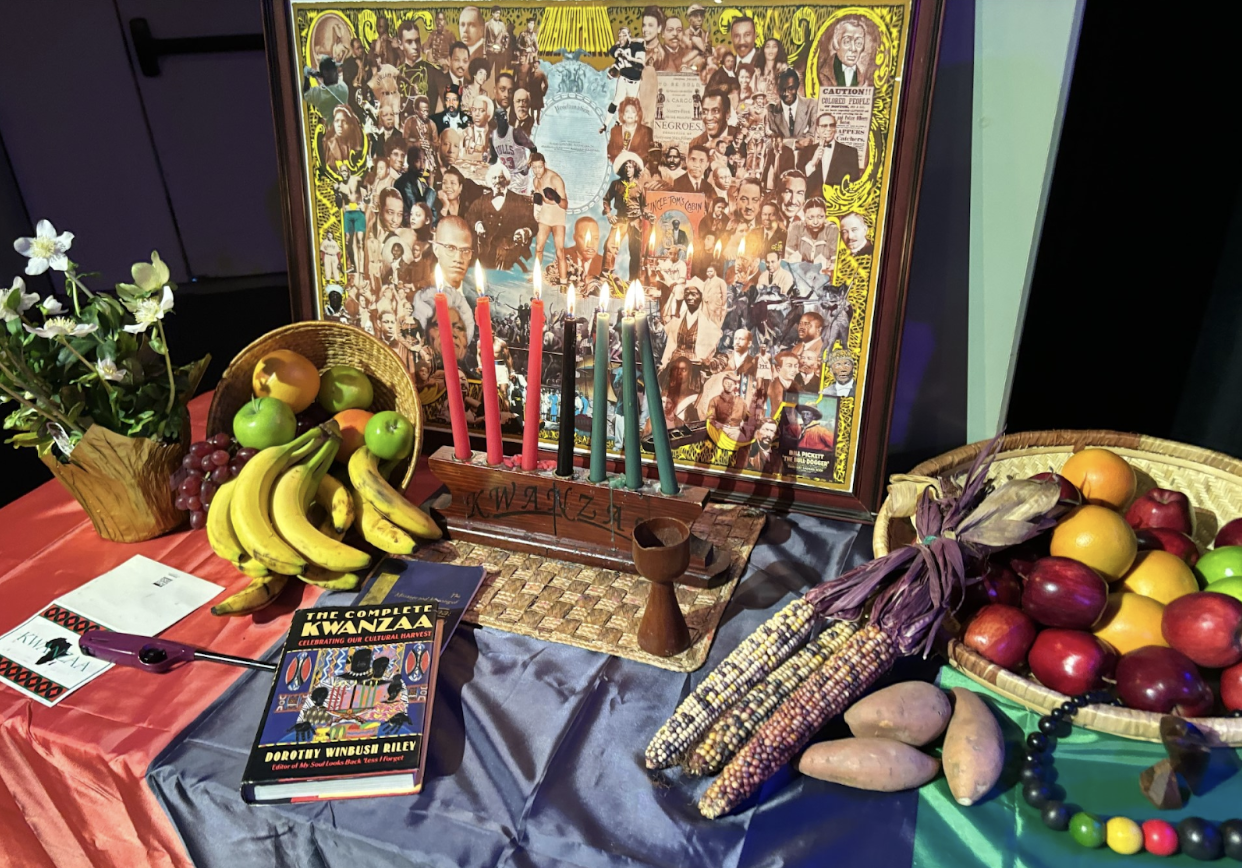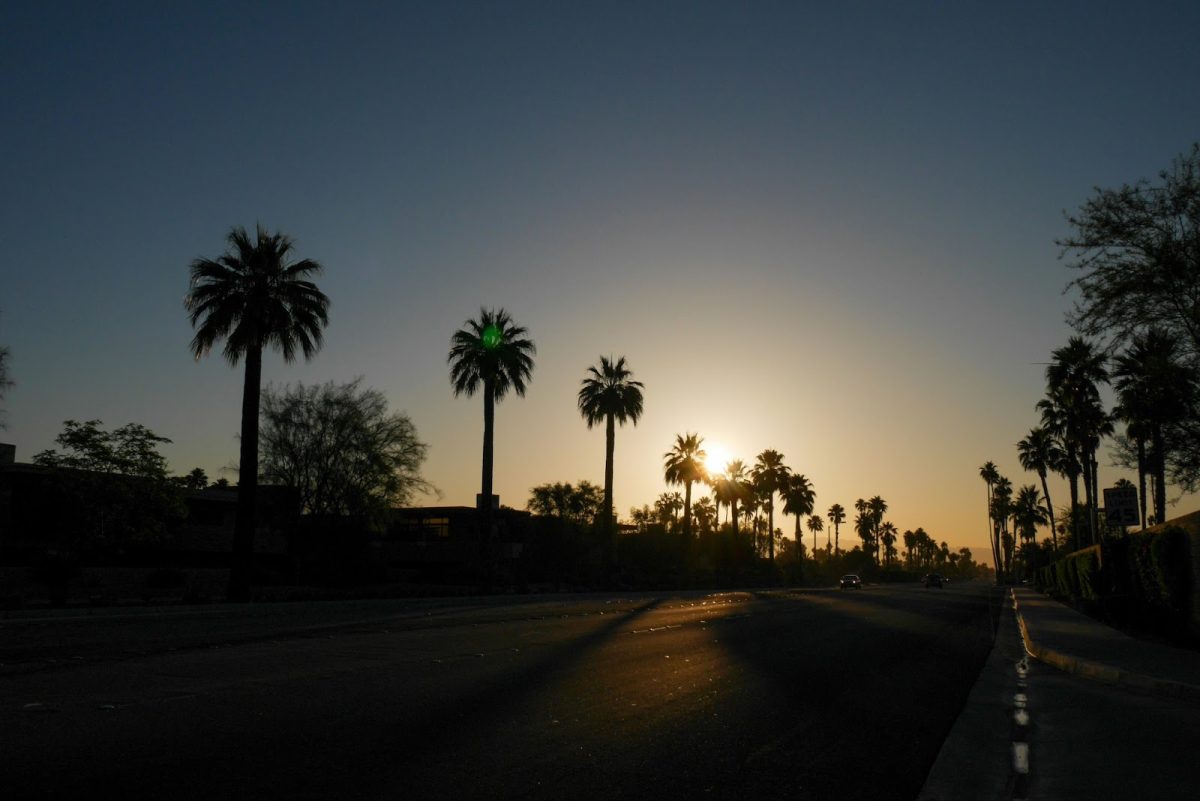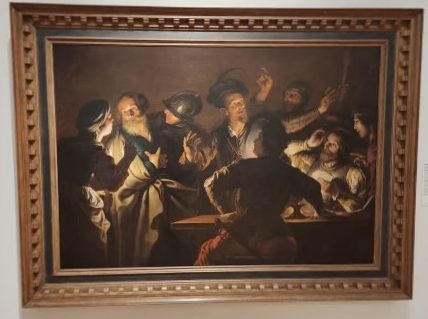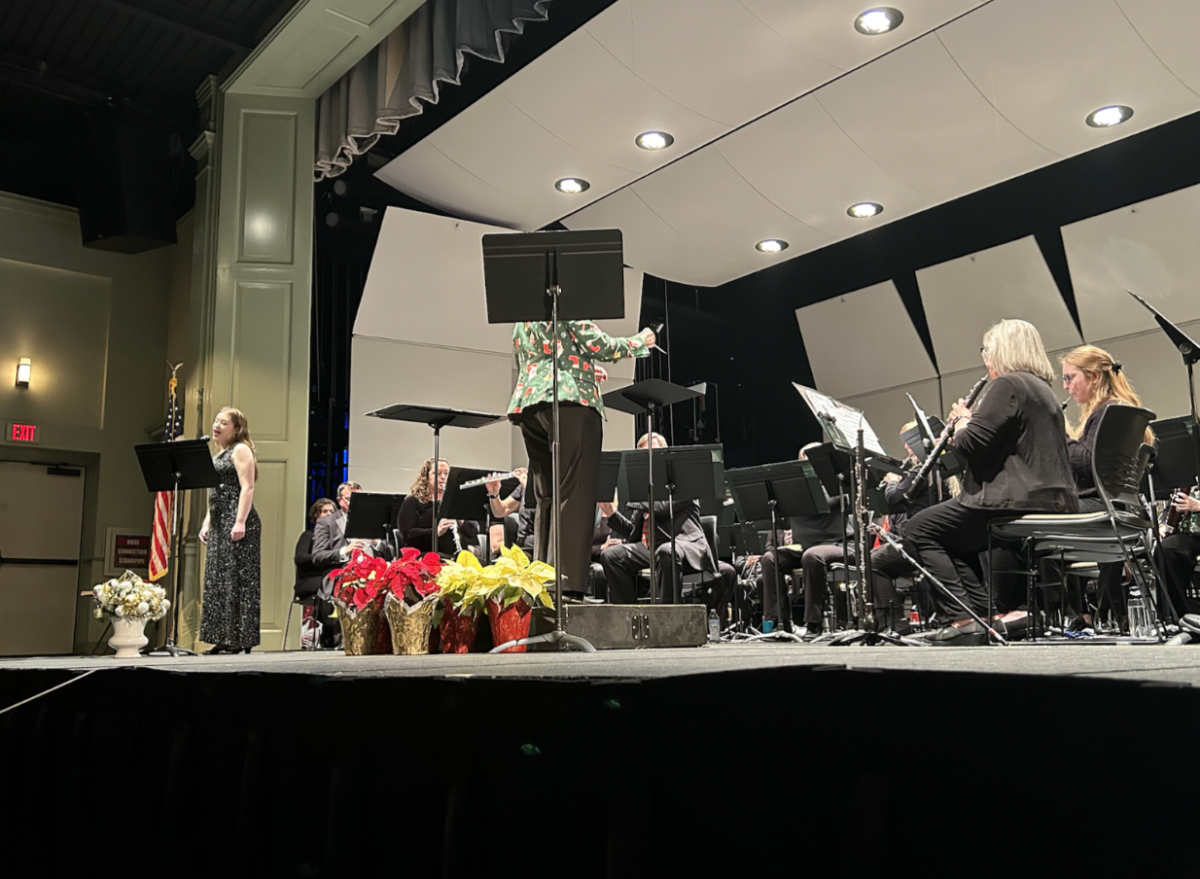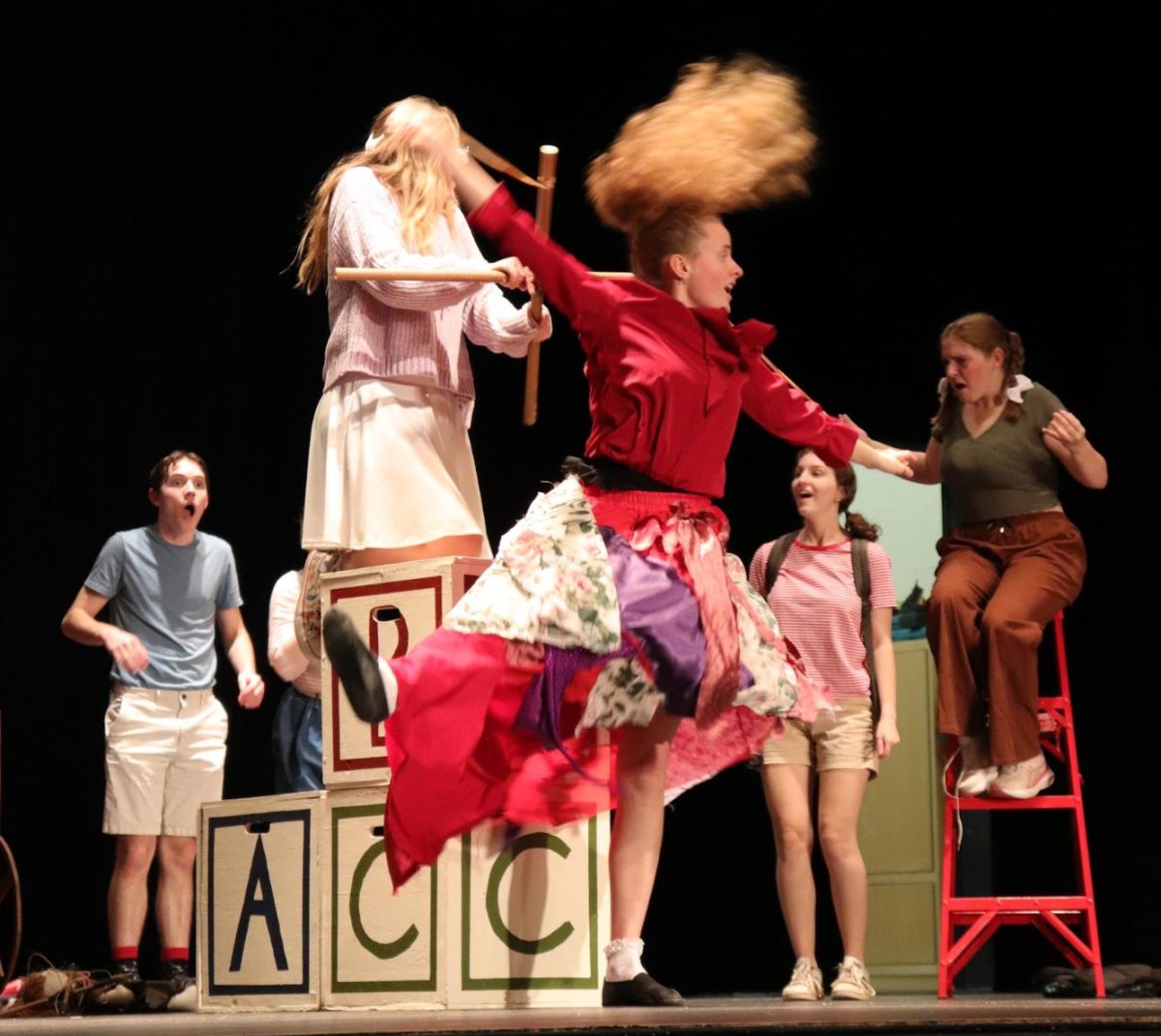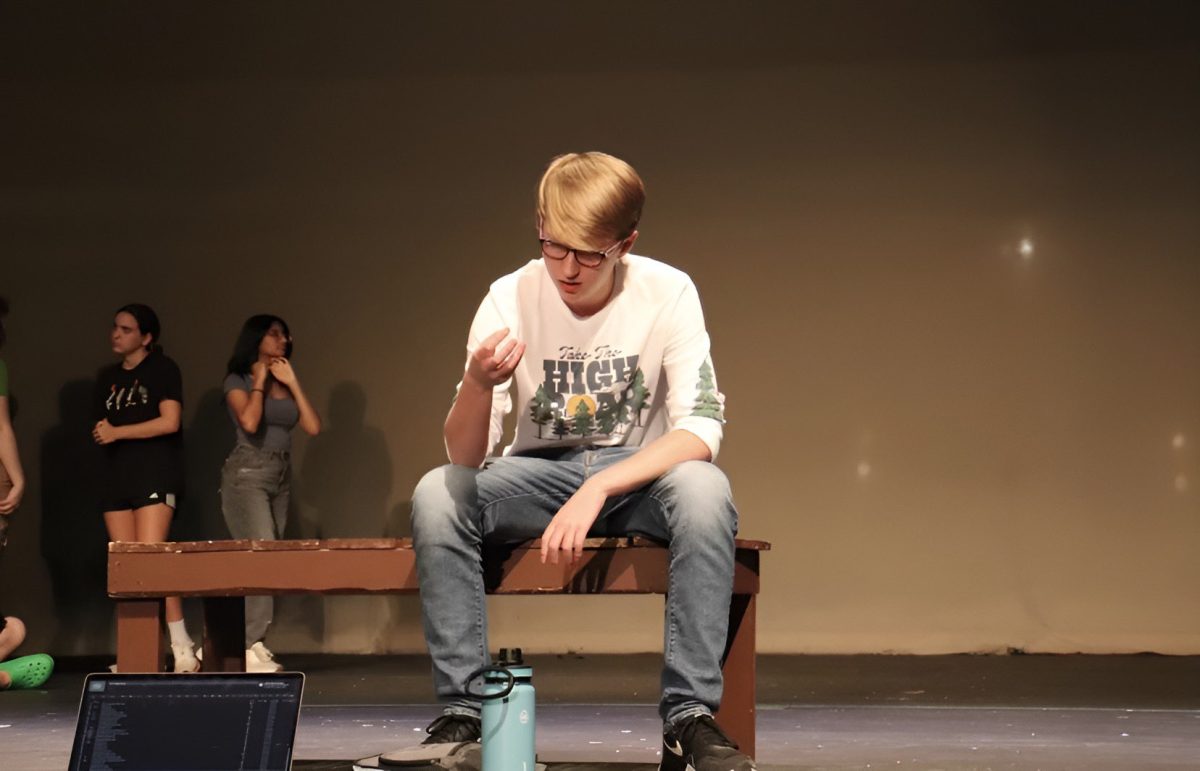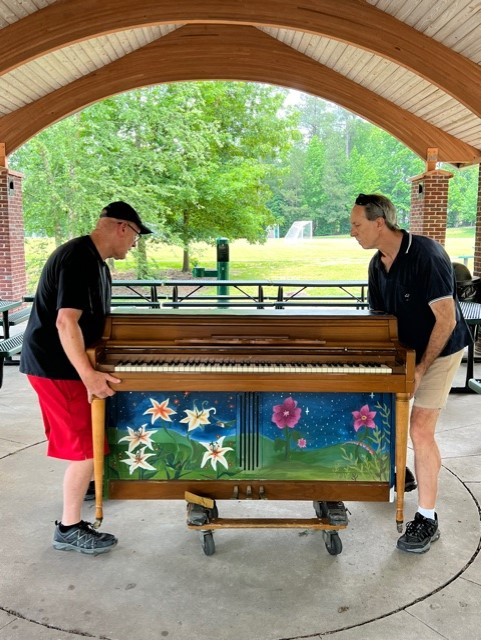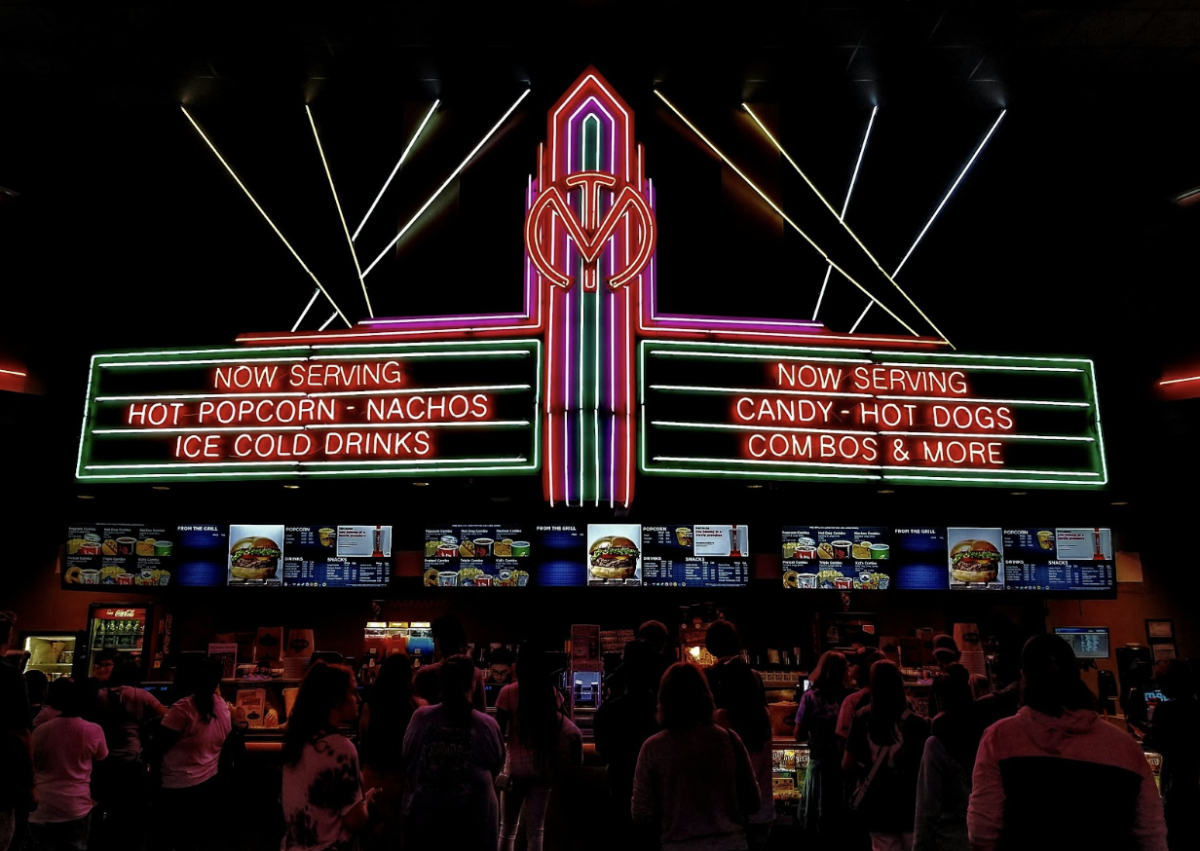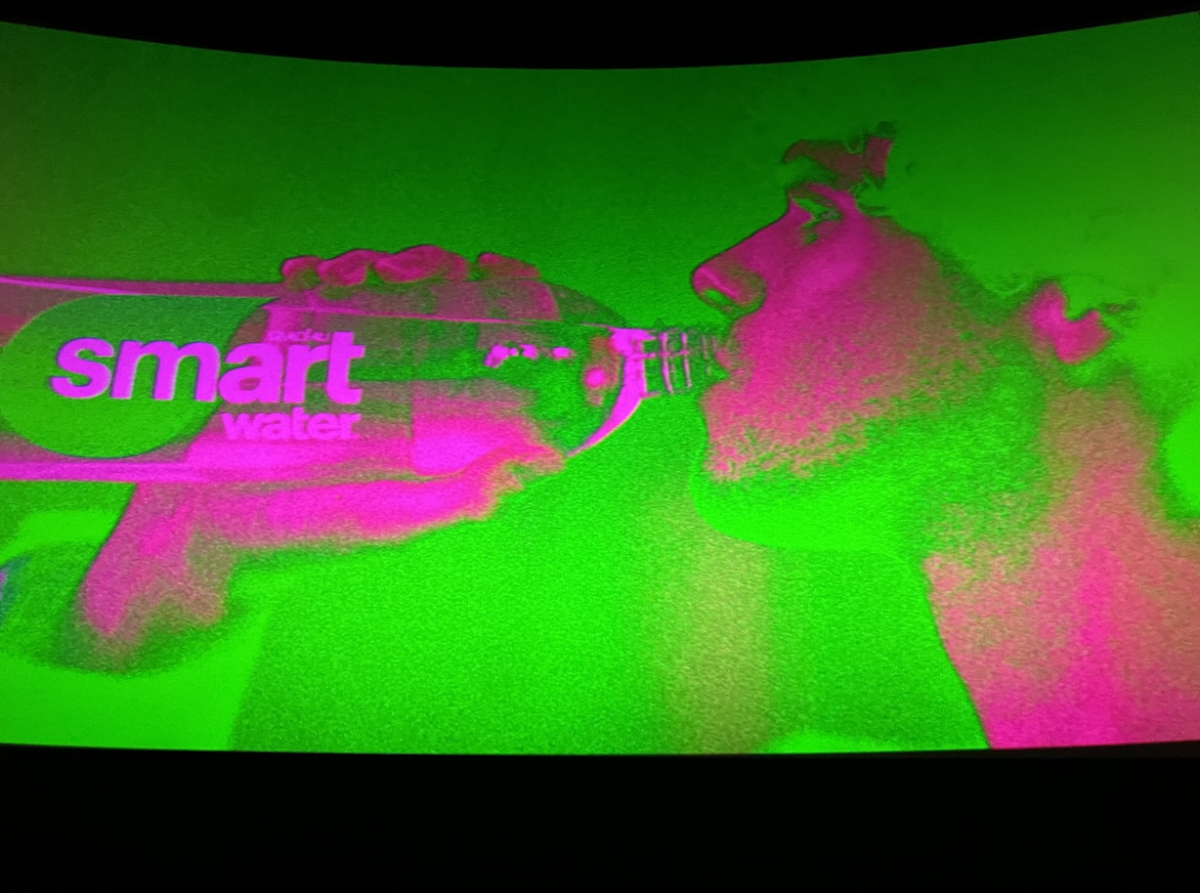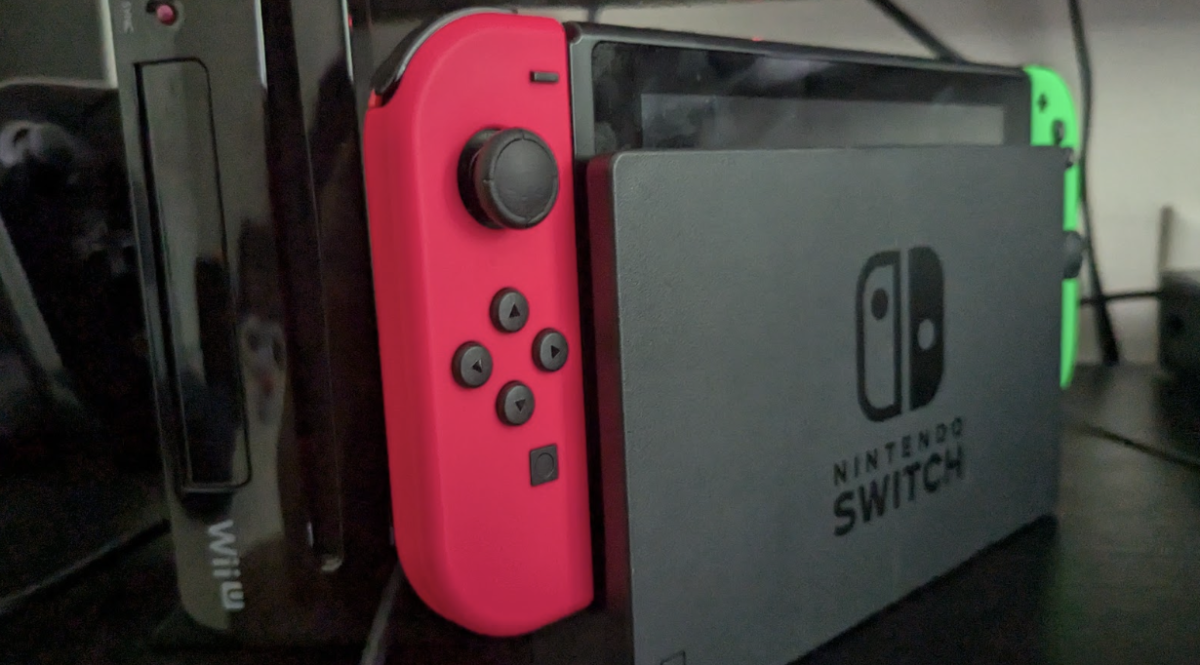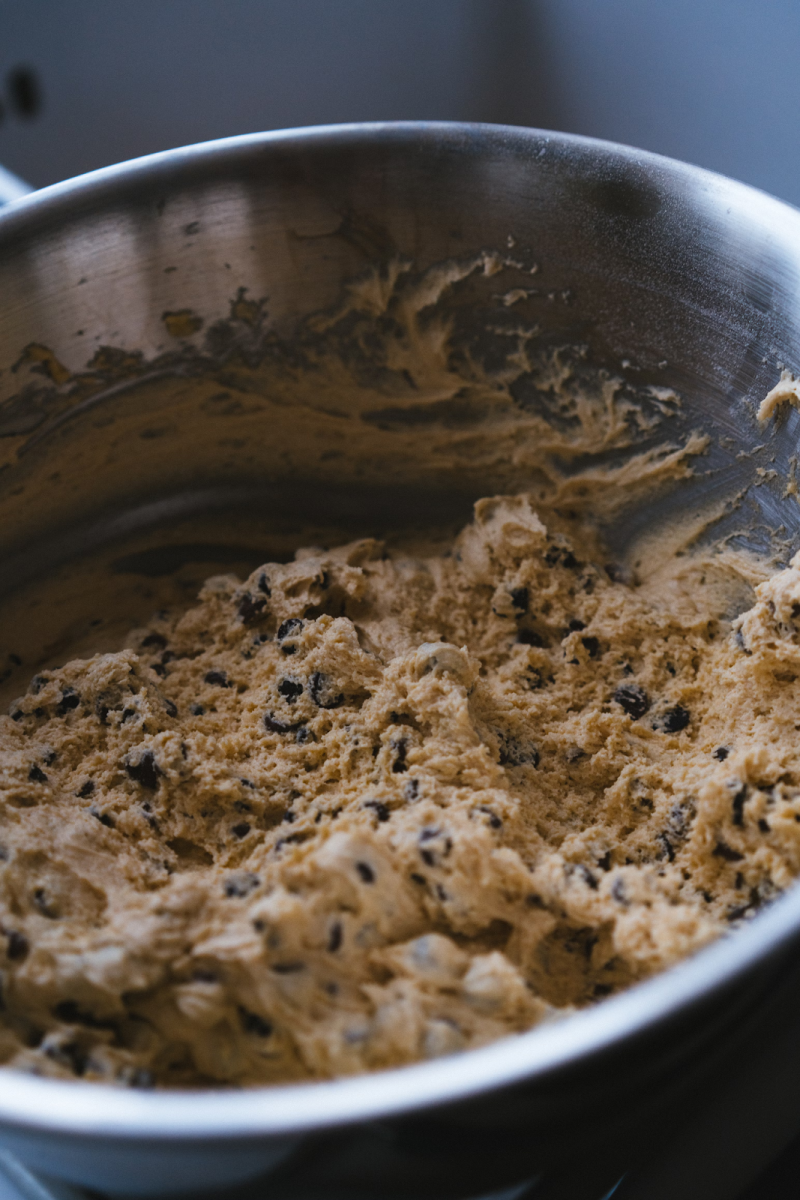The 29th annual Town of Cary Kwanzaa celebration took place at the Cary Arts Center. Kwanzaa is a cultural African-American holiday traditionally celebrated from Dec. 26 to Jan. 1 annually. The community celebrated Ujamaa, the fourth night of Kwanzaa, on Dec. 29 at the historic theater.
For many who celebrate, it is customary to use a kinara – a seven-branched candle holder – to light a candle each night of the holiday. Typically, the kinara contains three red, one black and one green candle. According to tradition, the three red candles represent bloodshed in past conflicts, the black candle represents humanity and the green candles represent the hope that the future may hold.
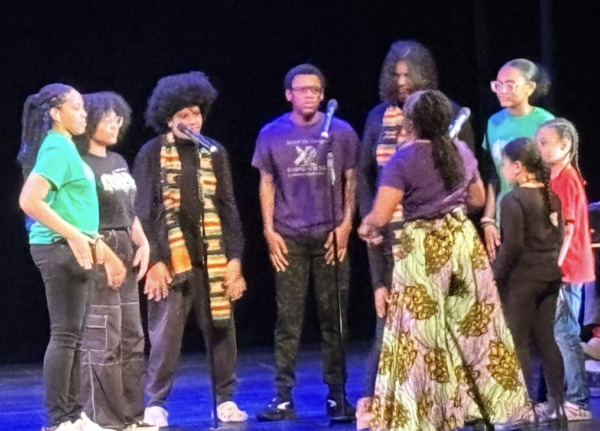
Each day is also marked by a guiding principle. The seven principles of Kwanzaa are Umoja representing unity, Kujichagulia representing self-determination, Ujima representing collective work and responsibility, Ujamaa representing cooperative economics, Nia representing purpose, Kuumba representing creativity and Imani representing faith. The day of the Town of Cary celebration, the guiding principle was Ujamaa. Dedicated to cooperative economics, this principle highlights the importance of building and maintaining stores, shops and other businesses to foster a sense of solidarity in the community.
As with many celebrations taking place during Kwanzaa, the day was filled with lively celebration and musical performances, in addition to multiple vendors selling goods. A variety of products were displayed for purchase, including fragrances, clothing, jewelry, hats and soaps.
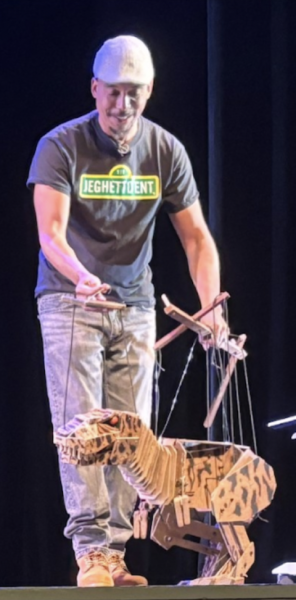
The event hosted a discussion about the principle Ujamaa by Alexander Flowers, the founder of BrainSTEMology, an edutainment company that combined hip-hop and STEM education. He founded this company while he was in pharmacy school, and abides by principles that use “brilliant rhymes academic in nature incorporating applied science, technology, engineering, and mathematical content,” according to their website.
The celebration was marked with performances from a variety of musicians and artists. Toya Chinfloo, whose career as a dancer and choreographer allowed her to perform globally, founded an independent dance studio in 2020 named the Chinfloo Cultural Arts Dance Ensemble. She is based in Durham and performed at the event on Friday.
Another featured artist was Tarish Pipkins, better known by his stage name Jeghetto. Jeghetto is a self taught builder and puppeteer who resides in North Carolina. He’s known for his work with Missy Elliot, Pharrell Williams, Alec Baldwin and Terence Nance.
Not all artists shared their work through performances. Charles Rudolph Davis, commonly known as Baba Chuck Davis, is an American dancer and choreographer whose work in traditional African dance influenced various audiences. He is often recognized for his work of bringing traditional African dance to the United States.
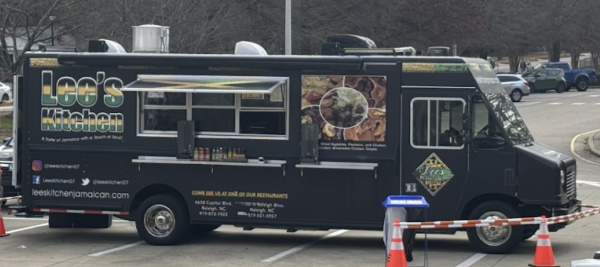
In 1988, he was awarded an honorary doctorate degree from Medgar Evers College, and he died of cancer in May, 2017. However his legacy carries on in future generations of people whose lives he touched with his dance. Davis taught at both North Carolina Central University in the Department of Theatre and at Duke University. At the event, a film of Davis traveling throughout Africa learning dances from the native people and then sharing it at a festival was shown to attendees.
“To understand the culture, study the dance. To understand the dance, study the people,” Davis said, in the movie.
The Cary Kwanzaa celebration ended with a procession by Darrell Stover, the master of ceremonies, lighting the Kinara and honoring the seven principles of Kwanzaa, also known as Nguzo Saba.
This is the fourth feature of the four-part series “Home for the holidays,” highlighting local holiday festivities that are unique to the Cary area.


